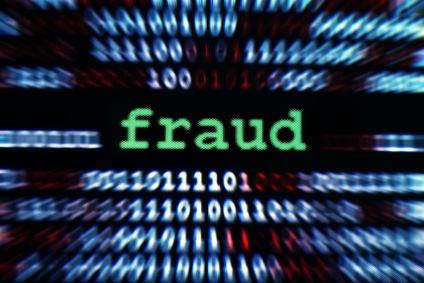In a data breach putative class action, the U.S. Court of Appeals for the Eighth Circuit recently held that the trial court had not conducted the required “rigorous analysis” of Federal Rule of Civil Procedure 23(a)’s class certification prerequisites when certifying the settlement class or when evaluating arguments raised by class objectors. Additionally, the Eighth Circuit also reversed the trial court’s ruling on the amount of the appeal bond, holding that an appellate bond should not include costs associated with delays in administering a class action settlement while the matter was on appeal. A copy of the opinion in Jim…
Posts published in “Data Privacy and Security”
The U.S. Court of Appeals for the Seventh Circuit recently held that although a consumer’s suit against a cable service provider for failing to destroy his personal information was a substantive violation of the federal Cable Communications Policy Act, it failed to allege a concrete injury sufficient to confer standing.
In an unpublished ruling, the U.S. Court of Appeals for the Sixth Circuit recently reversed the dismissal of consolidated class actions arising from a data breach, holding that the plaintiffs had Article III standing to pursue certain tort claims and that the district court had erred in dismissing a federal Fair Credit Reporting Act claim for lack of subject matter jurisdiction. A copy of the opinion in Galaria v. Nationwide Mutual Insurance Company is available at: Link to Opinion. The plaintiffs brought class actions against an insurance company alleging violations of the FCRA and common law tort claims for invasion of…
The U.S. Court of Appeals for the Eighth Circuit recently held that a bank was entitled to recover its cybertheft losses under its financial institution bond, despite its employee’s violation of the bank’s internal policies and procedures, and despite the bank’s failure to update its antivirus software, holding that Minnesota’s “concurrent causation” doctrine applies to financial institution bonds. A copy of the opinion in State Bank of Bellingham v. BancInsure, Inc. is available at: Link to Opinion. A computer at the plaintiff bank became infected with malware, which allowed a criminal third party to transfer nearly half a million dollars to…
Reversing the trial court’s ruling dismissing the action for lack of standing, the U.S. Court of Appeals for the Seventh Circuit recently held that the increased risk of fraudulent credit or debit card charges and possible identity theft due to a data breach that already occurred was “certainly impending future harm” and was sufficient for Article III standing. In addition, the Court also held that time and money the plaintiffs allegedly spent resolving fraudulent charges and possible identity theft also were sufficient injuries for Article III standing. However, this opinion was issued prior to the Supreme Court of the United…
The Federal Trade Commission has released a report examining the benefits, potential risks, and legality of the use of big data in business. Big Data: A Tool for Inclusion or Exclusion? Understanding the Issues focuses on how big data is used after it is collected and how that information could result in discrimination against consumers. The primary goal of the report is to provide businesses with important information on the relevant laws to big data analytics, as well as guidelines on how to use big data effectively while remaining compliant and non-discriminatory, according to the FTC. “Big data’s role is…
Section 75001 of the recently enacted Fixing America’s Surface Transportation (FAST) Act provides a new exception to the annual privacy notice requirement under the Gramm-Leach-Bliley Act (GLBA). The language of the provision is as follows: SEC. 75001. EXCEPTION TO ANNUAL PRIVACY NOTICE REQUIREMENT UNDER THE GRAMM-LEACH-BLILEY ACT. Section 503 of the Gramm-Leach-Bliley Act (15 U.S.C. 6803) is amended by adding at the end the following: (f) EXCEPTION TO ANNUAL NOTICE REQUIREMENT.—A financial institution that— (1) provides nonpublic personal information only in accordance with the provisions of subsection (b)(2) or (e) of section 502 or regulations prescribed under section 504(b), and…






